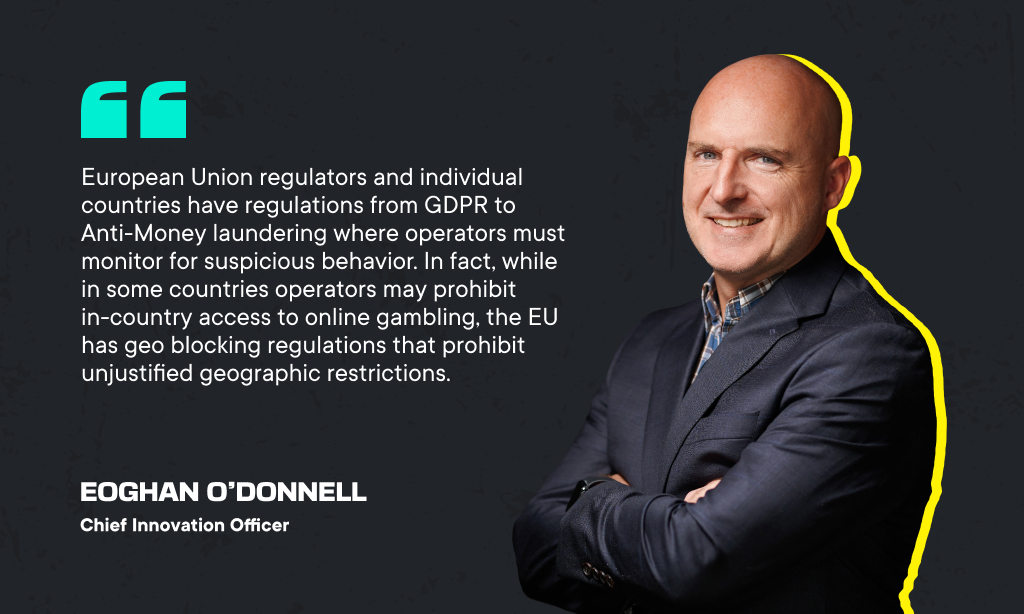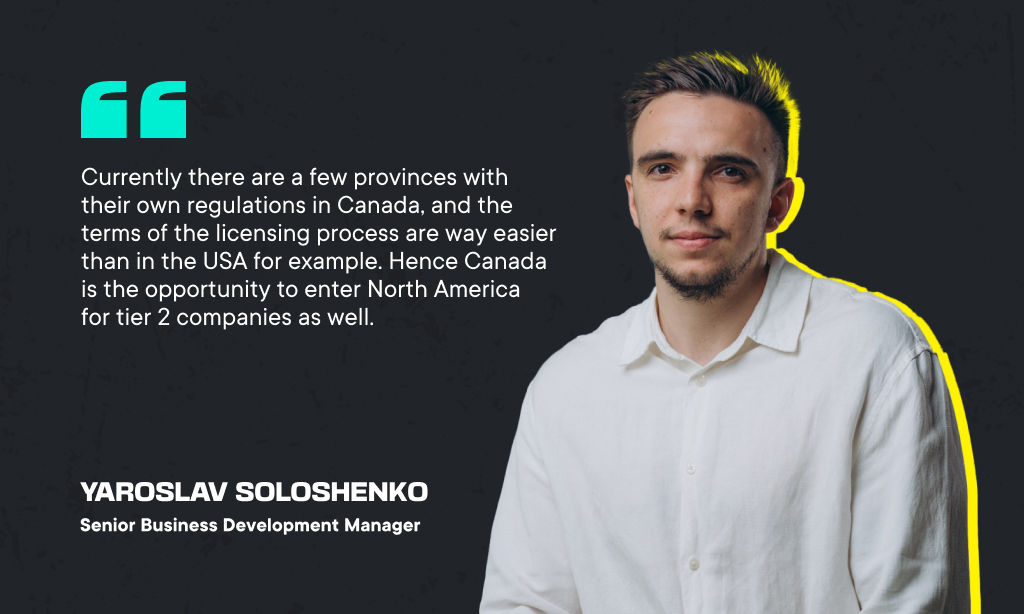TL; DR: The iGaming sector lacks a universal solution to the varying international regulations it faces. Developers must understand and continually monitor the specific regulatory requirements of each country they operate in. Once legal hurdles are overcome, cultural awareness becomes crucial for sustaining success.
Regulatory compliance is one of the most prominent challenges iGaming studios face when expanding internationally. Let’s see what it looks like for different markets, and how the iGaming expansion in countries worldwide raises the bar for what studios and providers must understand.




